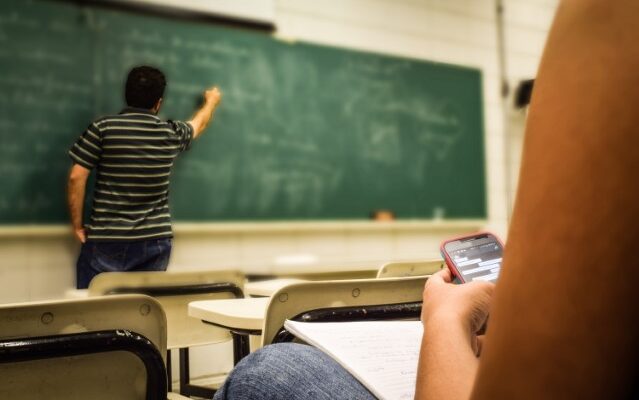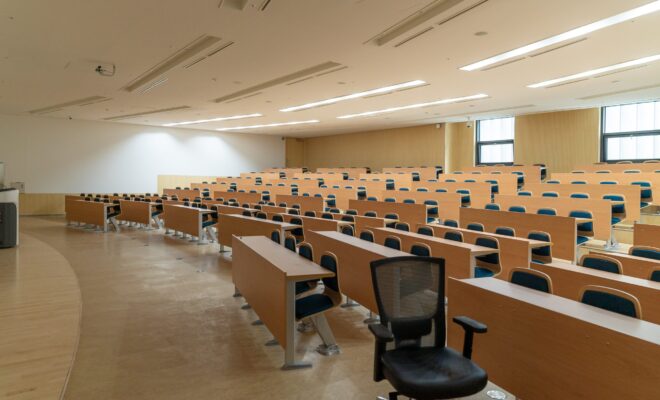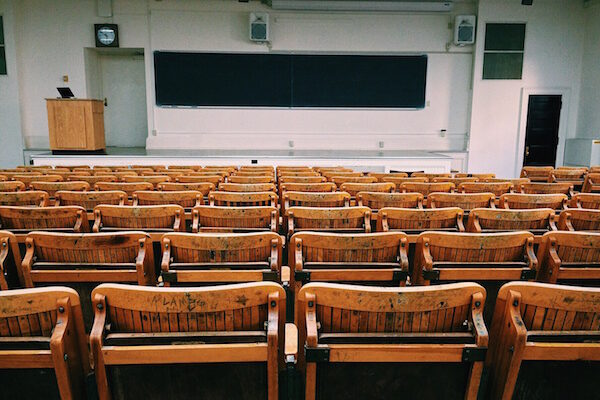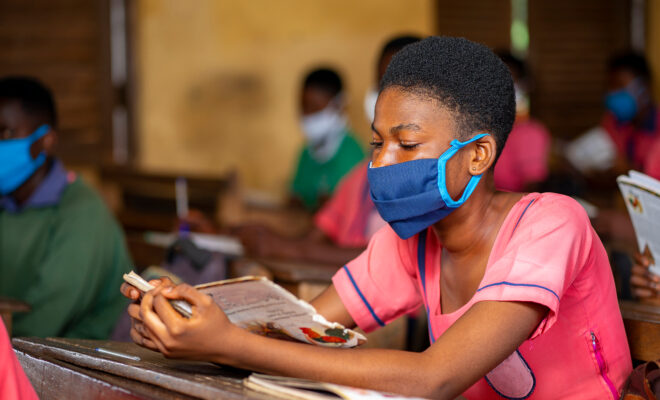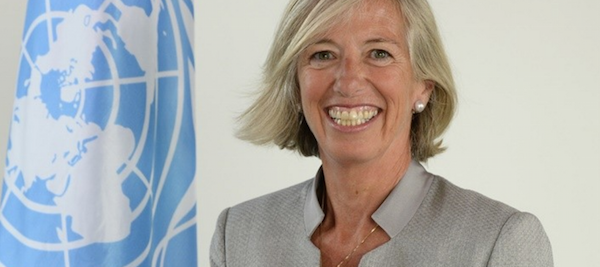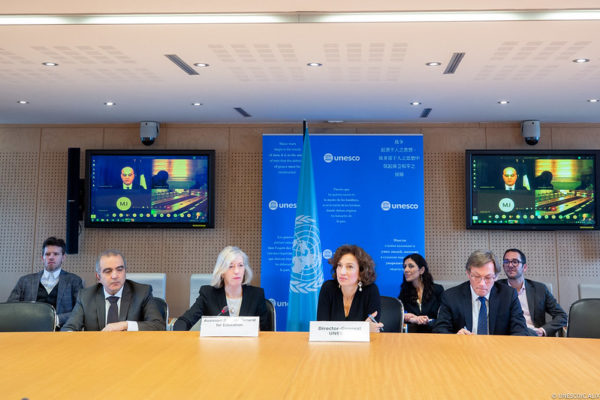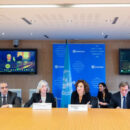Coronavirus COVID-19 and Higher Education: Impact and Recommendations
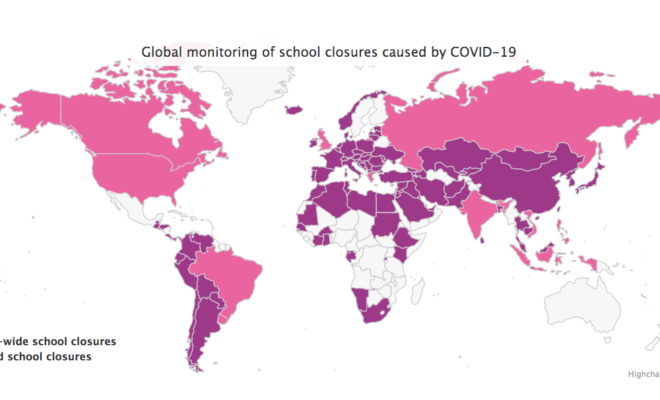
Current status
Coronaviruses (CoV) are a large family of viruses that cause diseases ranging from the common cold to more serious ones. The COVID-19 Coronavirus was first detected in China in December 2019, and has since spread to all regions of the world. The World Health Organization provides proven and constantly updated information about COVID-19 and its spread, and also suggests which health measures should be taken at the individual and collective levels in order to prevent it and avoid its spread.
Impact on education
UNESCO, for its part, is monitoring the impact of Coronavirus on education. As of March 30, over 166 countries have implemented nationwide closures, impacting over 87% of world’s student population, 1.52 billion students. In addition, nearly 60.2 million teachers are no longer in the classroom.
UNESCO IESALC Recommendations for Higher Education Institutions
There is an urgent need for Governments and institutions to plan appropriate measures to protect citizens’ health, avoiding the violation of the right to education, in those countries where the epidemic is beginning to appear. At all levels of education, the authorities must ensure measures that encourage students to continue learning, despite the temporary closure of educational institutions.
In this regard, UNESCO IESALC, drawing on the experience of some of the Member States already facing the epidemic, recommends that higher education institutions take the following measures:
1. Disseminate among the university community only and exclusively the information and recommendations provided by the national health authorities and the World Health Organization, avoiding alarmism or the spreading of false rumors or news.
2. Regularly use the website and social networks to promptly and truthfully inform the university community about COVID-19, including recommendations on the behavior to be followed preventively or in case of contagion, as well as recent advances in research, and actively countering racist or discriminatory attitudes and behaviors that may emerge as a result of misrepresentations.
3. In institutions that have medical departments or public health schools, facilitate the development of open-access courses on COVID-19 and thus contribute to better quality of health education for the general population and a positive attitude towards scientific research. The impact of these initiatives is greater when they are carried out in collaboration between several institutions.
4. Comply with the national authorities’ instructions and recommendations, and actively participate in inter-university coordination mechanisms in order to deploy possible measures to be agreed upon at a national level, such as:
- Cancel or postpone international exchange programs or trips abroad, at least those that include entries or departures from countries affected by COVID-19, of students, professors and researchers.
- Cancel or postpone international academic meetings and conferences. And do the same with those of national character if COVID-19 has already appeared in the country itself.
- Suspend face-to-face academic activities.
5. Prepare an institutional contingency plan anticipating the possibility that the institution should close its doors, including:
- The operation of remote government and public information mechanisms and the possible creation of a crisis committee.
- Taking measures so that the technical units can continue to operate information and remote communication systems.
- The use of the online learning platform, or the virtual campus, to continue facilitating student learning at distance. Or, in the event that this is not available, install one of the multiple applications of open educational platforms, keeping in mind that part of the students may only be able to use mobile devices.
- This will require, in turn, having online training and support mechanisms for teachers and students that must be duly reinforced.
This information is being updated on the COVID-19 Educational Disruption and Response map, as well as the recommendations here specified.
RELATED ITEMS
